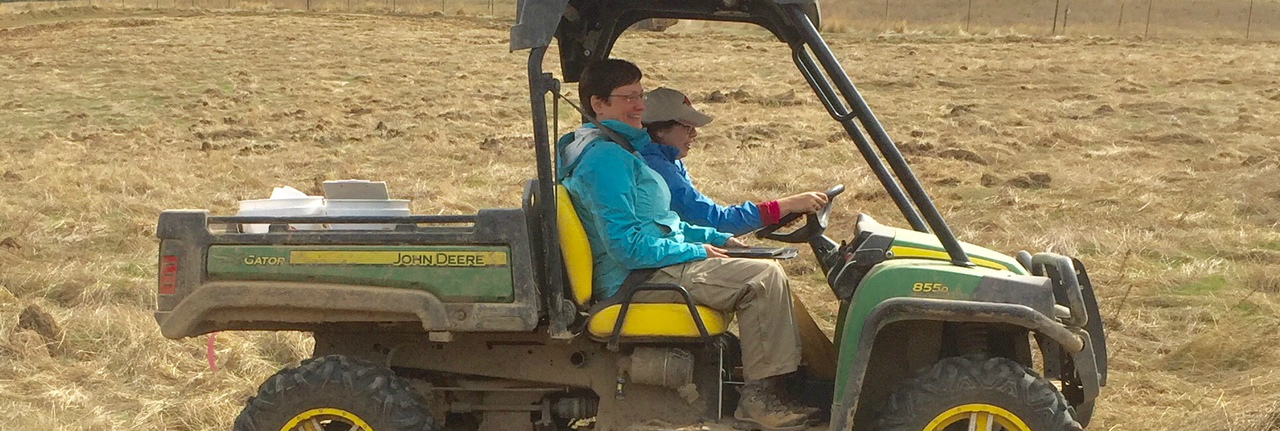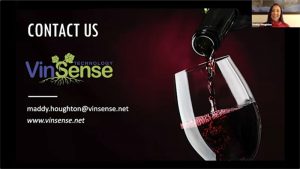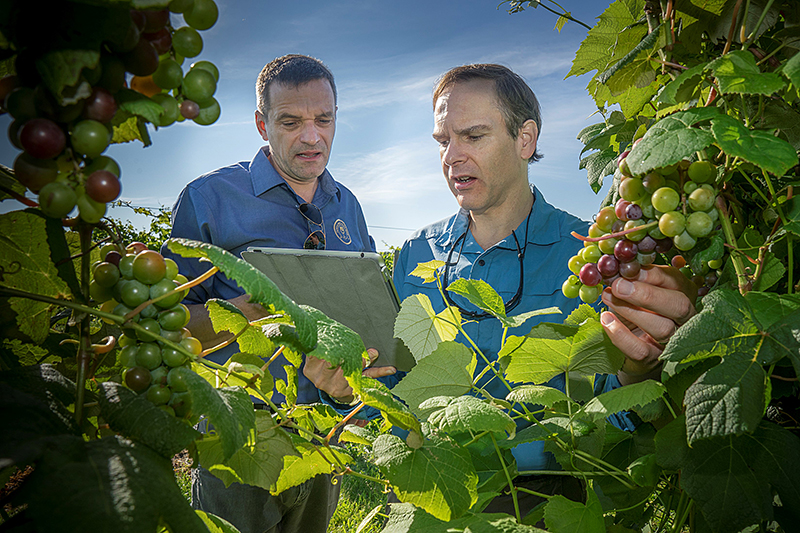
[wpseo_breadcrumb]

WEST LAFAYETTE, Ind. –
 From doubled conversion rates to significantly increased margins, 14 Purdue University-affiliated startups have found success through a new program with the Purdue Foundry.
From doubled conversion rates to significantly increased margins, 14 Purdue University-affiliated startups have found success through a new program with the Purdue Foundry.
Started in 2019, the Double Down Experiment (DDX) is designed to help startups identify and overcome the challenges of launching a high-growth business. DDX just graduated its first two cohorts.

WEST LAFAYETTE, Ind. – The Purdue Ag-celerator has invested a total of $100,000 in two plant science startups for the fall round of investments. The recipients are VinSense, a company assisting in wine grape agriculture through Purdue-patented technology, and Karyosoft, a genomics data analytics company empowering biologists for rapid data mining through just a few clicks proprietary platform to accelerate innovations.
Life Cycle Assessment a Multivariable Approach to a Sustainable Wine Scoring System
by Andres Eduardo Valero | Oct 2019 Issue of Wine Business Monthly
SUSTAINABILITY IS BECOMING a core value for the wine sector world-wide. Sustainable practices are recognized by a large part of the wine community as a necessary step to face climate change challenges and natural
resources depletion1. In recent years, sustainability has had a growing influence on the consumer’s decision. Nonetheless, when looking at the sustainable attributes of a bottle of wine, consumers face numerous obstacles. Despite consumers appreciating “sustainable wine,” evidence suggests that they do not fully understand the practices a winery must follow to be cataloged as sustainable. The willingness to pay more for wine’s sustainable attributes is limited due to the lack of familiarity with the meaning behind the more than 300 eco-labels claiming to be sustainable. Moreover, grape growers and winemakers find it challenging to quantify which will be the improvement of their sustainability profile when following a specific sustainable practice or program in comparison with the costs associated with its implementation and the potential return on investment.
Implementation of sustainable principles to a specific economic sector requires expanding vision beyond traditional boundaries of the sector. There is a need to migrate to a business structure that looks to minimize the
environmental impacts, during the whole life cycle of wine, while enhancing the social and economic performance of the organizations and stakeholders involved. Therefore, to turn a concept, such as sustainability, into effective actions we should use tools that allow us to quantify impacts.